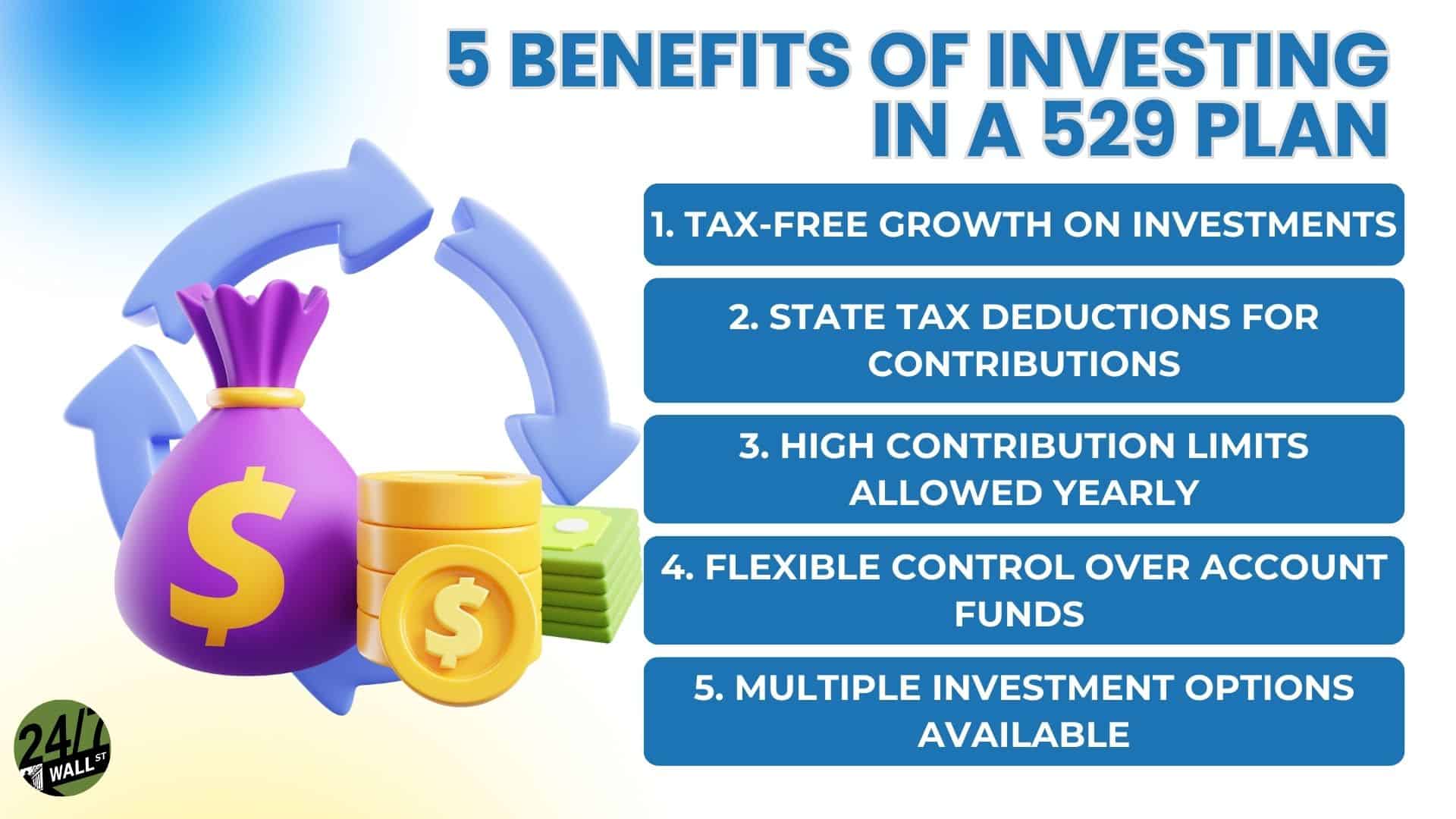Personal Finance
My kids are 13 and 14 and I have only saved $200k for their college - am I wrong for wanting to also take on loans?

Published:
Last Updated:

My views on a college education have evolved. Once I thought one was essential, but today I think learning a trade may be a better alternative for many.
The cost of an average four-year degree is more than $153,000, according to the Education Data Initiative. It means the heavy debt a graduate carries can set them back years financially. Of course, a parent can put aside money to pay for or at least help defray the cost of college, which is why I found a Redditor’s question in this r/fatFIRE post thought-provoking.
With two young teens and $100,000 in a 529 plan for each of them, he is willing to help them through college, but wonders if he should fully fund the cost. Because he doesn’t know what his teens will want to study in college, he doesn’t want to pay for an education in some useless degree. He wondered what other “fats” tend to do.
FIRE stands for financial independence, retire early, while fats are those who want to save more than the average person, but not so much that they give up their current lifestyle.

I think that’s the crux of the problem. Too many college degrees are earned in studies without a good return on investment.
Bureau of Labor Statistics data shows people who hold a bachelor’s degree earn 68% more than those with only a high school diploma. And while true that a college education can improve your economic status, a Federal Reserve analysis found engineers tend to earn the most within five years of graduating from college, or over $70,000 annually. A liberal arts degree, on the other hand, earns just $38,000, or 10% less than the median for U.S. personal income of $42,200.
Which is why learning a trade can be a better option. A tradesman’s average annual salary runs around $50,000 a year, but schooling only costs just a few thousand dollars a year to several tens of thousands of dollars depending on the trade. And many trades require only a couple of months of schooling. So a student graduates with a useful life skill and isn’t saddled with enormous debt. It means they can start saving and investing sooner for their retirement.
As responses to the Redditor show, the decision whether to fund your child’s education is varied and personal. Partially funding a 529 plan, or a tax-advantaged investment vehicle for education expenses, was popular, as was allowing them to work and take part-time jobs to understand the real world. Others, naturally, argued for fully funding the education to allow them to study and apply themselves full-time.
Yet focusing on your own retirement is also essential. Completely paying for your child’s college, but neglecting your own finances, could result in you not having the means to take care of yourself in retirement.
Worse, medical expenses may overwhelm you and place an even greater burden on your child. Just as they’re trying to start a family, buy a house, or save for their own child’s college tuition, they may have to help cover your costs that Medicare won’t pay.
Certainly, if you can fully fund your retirement and still have money left over for college savings, that’s okay, too.
Yet remember, your child may not want to go to college. Any funds in a 529 plan would need to have the beneficiary changed to someone else, like a sibling or a grandchild. The money could be withdrawn, but there is a penalty for doing so.
The personal nature of individual situations makes it important to work closely with a financial advisor. They can show you the full range of options available to you and what works best in your personal situation. A planner can highlight how different scenarios can impact your finances later on.
My view is that college is not a one-size-fits-all solution. Financing it isn’t either. Looking at all the options requires proper planning and guidance. One person’s solution may not be right for you so starting the process early and seeking professional assistance is vital.
Retirement planning doesn’t have to feel overwhelming. The key is finding expert guidance—and SmartAsset’s simple quiz makes it easier than ever for you to connect with a vetted financial advisor.
Here’s how it works:
Why wait? Start building the retirement you’ve always dreamed of. Click here to get started today!
Thank you for reading! Have some feedback for us?
Contact the 24/7 Wall St. editorial team.